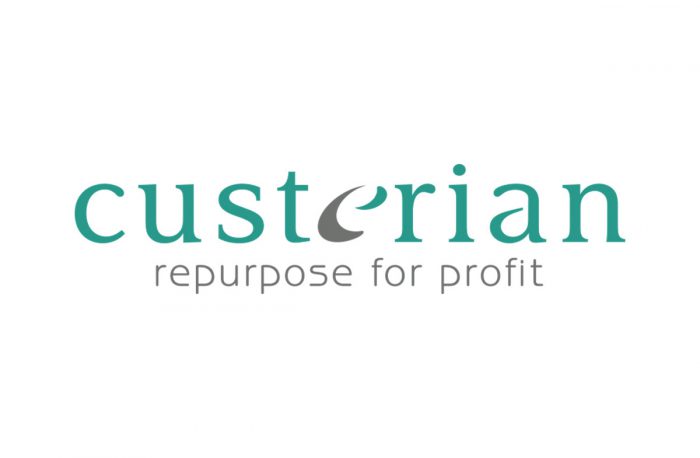Royal Court Theatre
Inclusivity within the arts is a huge focus moving forward and automated captioning, sign language or audio- description systems can ensure that all audiences can collectively enjoy a performance without the need for scheduling shows for specific dates and times for multiple different audiences, which can alienate and isolate communities and act as a barrier for attendance.
These AI driven tools are helping to shape the future of inclusive and relaxed theatre by enabling disabled, Deaf and neuro-diverse people to engage in cultural events and feel part of a wider community with easier accessibility which, in turn, promotes mental well-being.
These techniques can be expanded for beyond the stage, with the possibility of facilities adapting the technology for use in various other ways across a venue, such as wellness rooms or accessibility information points.

Approach
With an estimated 12 million people in the UK who are Deaf or suffering from hearing loss and 151,000 people using British Sign Language, Liverpool’s Royal Court identified the need for greater inclusivity for these wider communities and groups concerning the performing arts. Royal Court Liverpool aspires to be the friendliest theatre in the city with key policies focusing on areas of equality, diversity, and inclusion, keen to learn more about how digital technologies could support this mission.
Solution
The Royal Court worked with the Virtual Engineering Centre (VEC) to investigate how to develop automated captioning in addition to audio description systems, enabling even more audiences’ greater accessibility to performances.
Automatic captioning systems can also provide a spoken scene narration for visually impaired visitors, ensuring that more communities can easily enjoy shows and performances.
As plays and performances are live, they are never the same when re- enacted, meaning that it is impossible to play back a pre-recorded signal sequence. Timing also plays a large role in the delivery of a performance including punchlines within comedic shows for example which led the team to wanting to find a solution which would support live performances.
Impact
Using similar technologies to existing tools such as Musical Instrument Digital Interface (MIDI), the teams were able to explore how to easily develop systems which can be seamlessly integrated into live performances, using specific and programmed cues for delivering automated captions in addition to visuals for signalling British sign-language.
The teams created a mock-up theatre device using 3D printing, lights and sensors. This device helped to test the technologies used and validate the proposed direction to take the automated digital theatre tools.
Royal Court have since purchased and obtained augmented reality glasses to cater for the diverse needs of their visitors and they hope to continue to explore ways to integrate the various automated smart technologies that were discovered during the course of the LCR Holistic project.
The Royal Court attended the LCR4.0 Holistic ‘Creative Art Digital Sandpit’ event in March 2023 as part of the LCR4.0 Holistic project (ERDF) in conjunction with FACT Liverpool, where multiple SMEs and local businesses within the arts, culture and theatre sector attended and explored the opportunities for Industry 4.0 technologies. Here Bluecoat were able to showcase their proof-of-concept to a wider audience and their specific supply chain as the teams are now exploring ways in which they can continue to collaborate with the VEC, further developing their understanding of digital tools and technologies.
Click here for the downloadable case study.



